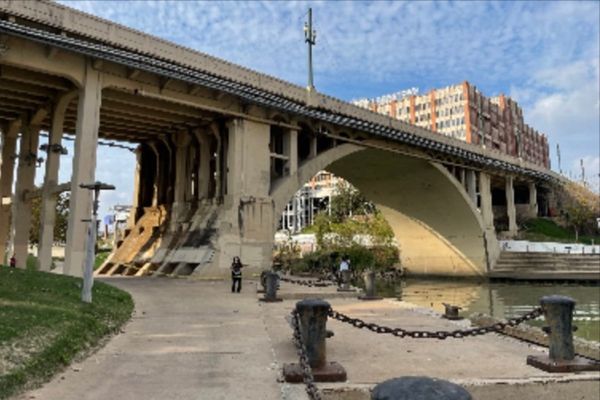
New York (AFP) - Workers at an Amazon sorting center in New York began voting Monday on whether to join the Amazon Labor Union, which recently became the first union at the e-commerce giant in the United States.
About 1,800 employees at the center have until Friday to make their way to a tent set up near the site to vote, with the ballot count scheduled for May 2.
The LDJ5 sorting center is in a Staten Island industrial area across the street from the JFK8 warehouse, where 55 percent of workers voted in late March to be represented by the Amazon Labor Union (ALU).
Amazon, the country's second largest employer after Walmart, had successfully staved off efforts to unionize since it was founded in 1994.
ALU president Christian Smalls said on Sunday he was confident about the vote at the LDJ5 sorting center.
"I'm feeling good.We have good vibes with us, a good momentum," he told AFP.
Two prominent figures from the progressive wing of the Democratic party, Senator Bernie Sanders and Representative Alexandria Ocasio-Cortez, made appearances to support the workers' movement.
"What this struggle is about is not just Amazon Staten Island," Sanders told workers at a rally at the site.
"Working people are sick and tired of falling further and further behind, while billionaires like (Amazon founder Jeff) Bezos become much richer," he said.
"You have been an inspiration for millions of workers all across this country."
If ALU gets a second victory at LDJ5, it could inspire other warehouses to join in. Union members say they already have been contacted by representatives of several dozen warehouses from all over the United States.
Motivated by treatment of workers during the pandemic and more recently by inflation, employees of several multinationals such as Starbucks and Apple are taking steps to organize, but continue to face pushback from management.
Amazon filed an appeal against the result of the vote at JFK8, saying members of the ALU had "intimidated" employees and accusing the agency responsible for supervising the ballot, the National Labor Relations Board, of being biased.







